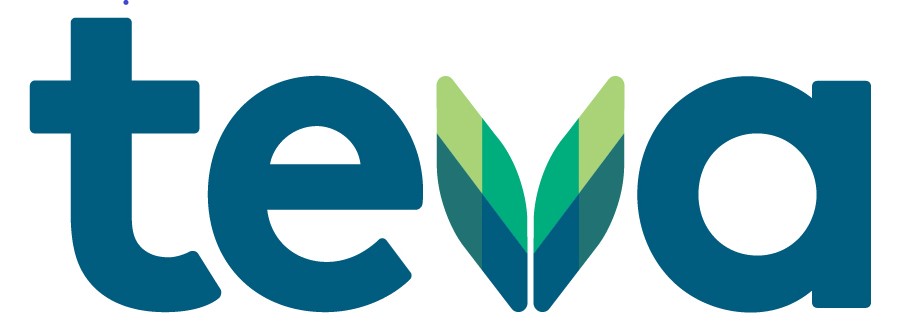There is no disputing the fact that patient education is an essential part of delivering quality care. Connecting with patients, and ensuring they have the information they need to make critical health related decisions is a high priority. Unfortunately, medical office time constraints and hectic days often lead to patient education being a tad too short. To ensure that you are reaching your patients in the most effective ways, keep reading for four simple strategies for improving patient education
Take advantage of technology.
Technology is everywhere today, so use it to your office’s advantage. Technology has made patient education materials much more understandable. Educational resources can be customized and printed out for patients to take with them. Just make sure the patient’s individualized needs are addressed and they understand the resources they have been given. Ensure that your team doesn’t just hand the patient a stack of papers to read. Make sure someone is reviewing them with patients and that they understand the instructions.
Stimulate the patient’s interest.
It’s essential that patients understand why their care and education is important. Establish rapport and truly get to know them and their interests. Ask and answer questions, and consider specific patient concerns. Use this information to stimulate their interests and make education easier to grasp.
Consider the patient’s limitations and strengths.
If your patients have impairments that impact the ability to learn you will have to find different ways to educate them. For instance, if they have poor eyesight, they will need large print materials. Or if the patient is hearing impaired, use visual materials and hands-on methods in place of verbal instruction. Always have patients explain back what you have discussed with them. Oftentimes patients will nod along or say that they understand what is taught even if they have not truly heard or understood.
Include family members.
Involving family members in patient teaching is one of the best ways to improve patient education. In many cases, you will be providing most of the instruction to family members as families play a crucial role in health care management.
Teaching patients and their families can be one of the most challenging, yet also rewarding elements of working in a medical office. Patient education is critical to providing high-level quality care and establishing a strong patient relationship. Ensuring that your patients are educated about their care will help keep patients satisfied, engaged, loyal, and most importantly healthy.
Posted by











